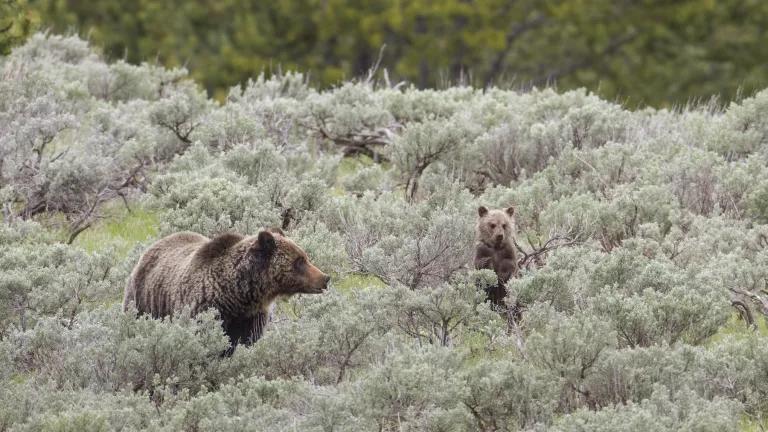This Week in Whales: Good News/Bad News for Vaquita; Blue Whales in Danger of Ship Strikes but NASA May Be Coming to the Rescue; Well-Deserved Award for Book on Navy Sonar Fight...

Yay for the Center for Biological Diversity and the Animal Welfare Institute's petition to the World Heritage Committee to designate vaquita (a small porpoise species found only in the northernmost part of the Gulf of California with fewer than 100 individuals remaining, a rate of decline of 18.5 percent per year, and a projected extinction by 2018) habitat as "In Danger." Sounds like a great idea that will help the world and Mexico focus resources on this critical area and help save the vaquita.
And boo for the National Marine Fisheries Service's (the U.S. agency charged with protecting the vaquita) shameful decision to keep vaquita out of its "Species in the Spotlight: Survive to Thrive" initiative. Not sure what valid explanation there is for leaving the most endangered cetacean species in the world out of an initiative focused on species the Service protects under the ESA that are "the most at risk of extinction in the near future." Maybe the Service wanted to only focus on U.S. species. But that's problematic for a lot of reasons, including the fact that it's U.S. consumption of imported shrimp from the Northern Gulf of Mexico that has driven the vaquita to extinction and the smuggling of an illegal fish (totoaba) via the United States. Maybe this is how the Service views American Exceptionalism.
A new study reveals that blue whales are especially susceptible to ship collisions. New research indicates that blue whales don't effectively avoid large cargo ships, diving slowly instead of swimming to the side. This isn't too surprising: as the largest creatures on Earth, blue whales have never had to think too much about moving out of the way of anything else - at least not until us humans and our big ships came along. Using GPS data that tracked nine whales off the port of Long Beach, CA, researchers observed whales sinking very slowly when they sensed an oncoming ship, barely fast enough to move out of a ship's path. The study's authors hope the data they've collected will help the shipping industry design better standards and speed controls for avoiding whale collisions. This is crucial, especially since blue whales aren't the only creatures at risk for ship collisions - scientists suspect a collision also killed a female humpback that washed ashore on a San Francisco beach last week.
If only NASA scientists could get involved and help save blue whales. Heck, if they can get someone into space... Oh, wait, here we go: NASA and NOAA have teamed up to use satellite data to reduce whale-ship collisions. Earlier this week, NOAA announced the development WhaleWatch, a new tool funded by NASA that will use satellite data to provide daily, monthly, and seasonal data on whale movements along the West Coast. Scientists built the tool using 15 years of whale tag data, matching it in place and time with measurements of environmental conditions like sea surface temperature, height, and chlorophyll concentration, which indicates the presence of krill. After pulling together all of the data, the team developed the WhaleWatch computer program, which calculates the likelihood of whale movement up and down the California Current. The program will help fisheries, shipping companies, and recreational boaters plan their movements to avoid whale collisions. Knowledge is power, people, knowledge is power.
Move over Mr. Fantastic, University of British Columbia researchers have discovered a unique stretchy nerve structure in baleen whales. Baleen whales feed by opening their mouths widely and scooping up an immense pocket of water, krill, plankton, and fish. The researchers found that these whales have stretchy nerves in their mouth that can stretch to twice their length and then spring back to their original size. Some evolutionary biologists speculate that the development of this unique nerve structure was a key adaptation in allowing whales to consume so much biomass and reach their enormous size. Om nom nom!
Joshua Horwitz's War of the Whales won the 2016 PEN/EO Wilson Literary Award for Best Science Writing this week! For more about the book, which tells the story of NRDC and marine biologist Ken Balcomb's 20-year legal battle to rein in the Navy's use of harmful military sonar, see my colleague Joel Reynolds' blog here.
This blog was written in part by NRDC's Marine Mammal Protection Project's assistant, Julie Mendel. Thanks Julie!
Get my tweets: @smithzak




